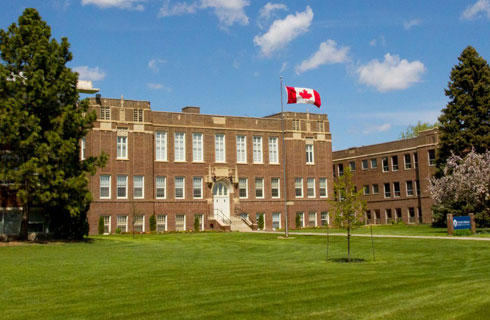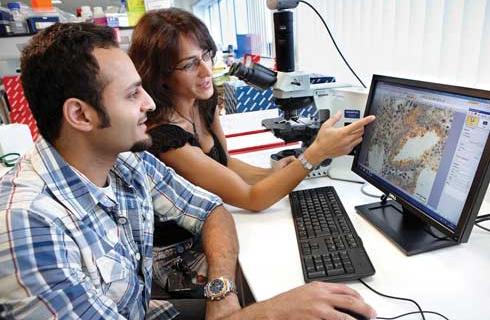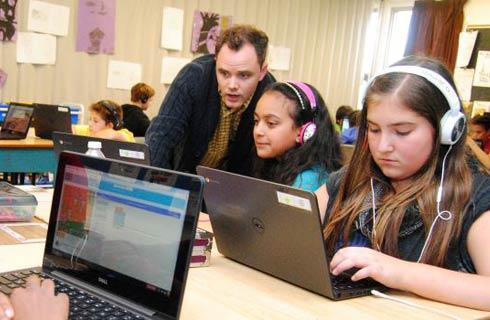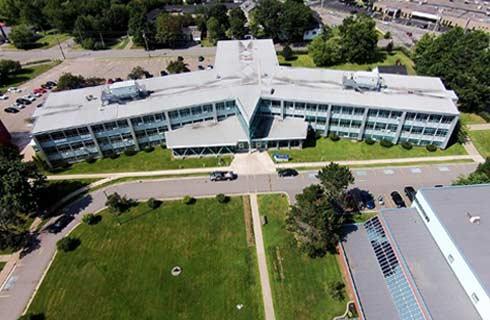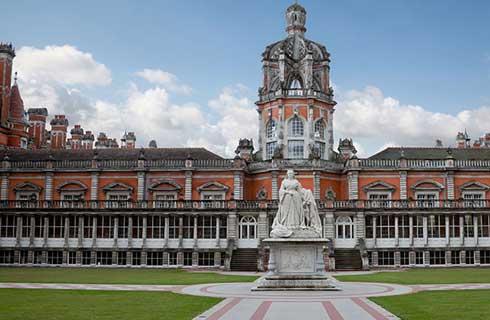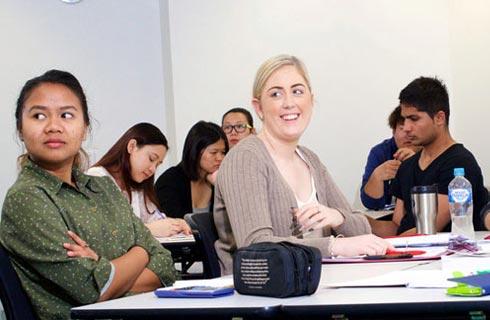Bachelors of Journalism and Bachelor of Arts - Peace and Conflict Studies [Extended Major]
课程简介
Become a global communicator and influence what the world reads, watches and understands, while equipping yourself with additional skills to succeed in the changing global workplace. This dual degree gives you a deep understanding of the principles and practices of journalism, combined with the creative capabilities of an arts education. Journalists tell important and impactful stories with a diverse skill-set, including writing, taking photographs, composing audio and video, and developing interactive websites. Using UQ's state-of-the-art software and equipment, you'll extend your theoretical knowledge by gaining sought-after skills in field recording and camera work, editing of sound, vision and pictures, data analysis, publishing and entrepreneurship, and multi-platform distribution. With the Bachelor of Arts alongside, you'll gain creative and critical thinking skills that will help you build a portfolio of capabilities to expand your career opportunities. Despite the highly competitive nature of journalism, UQ graduates have high success rates in securing jobs across the media. Career opportunities are found in web and multimedia publications, speciality interest magazines, marketing and public relations, and freelancing. Many employers, especially in large organisations, look for the additional skills an arts degree provides as these graduates have a broad, flexible education to complement their journalism studies.<br><br>The extended major views peace and conflict studies as a distinctive ethical and intellectual approach to the causes and dynamics of conflict. It will provide an in-depth understanding of equity, diversity and inclusivity in peace and conflict dynamics. It will give students in-depth knowledge of strategies and processes for responding to, managing and resolving conflict from the local to the international; peacebuilding and the non-violent resolution of conflict and the relationship between the theories and practices of conflict mediation and management. Graduates of this extended major will be able to analyse the causes and dynamics of conflict, assess and evaluate evidence, design and promote strategies for peace and conflict resolution, articulate the advantages of peace and conflict resolution approaches, design peace and conflict interventions with a diverse array of stakeholders, recognise the importance of equity, diversity and inclusivity in developing peace and conflict resolution strategies, negotiate and problem-solve, and translate learning into policy, engagement and impact. Graduates of this extended major will be responsive to human differences, critical and analytical thinkers, ethical regarding the lived experience of people in conflict, and open-minded.
展开















